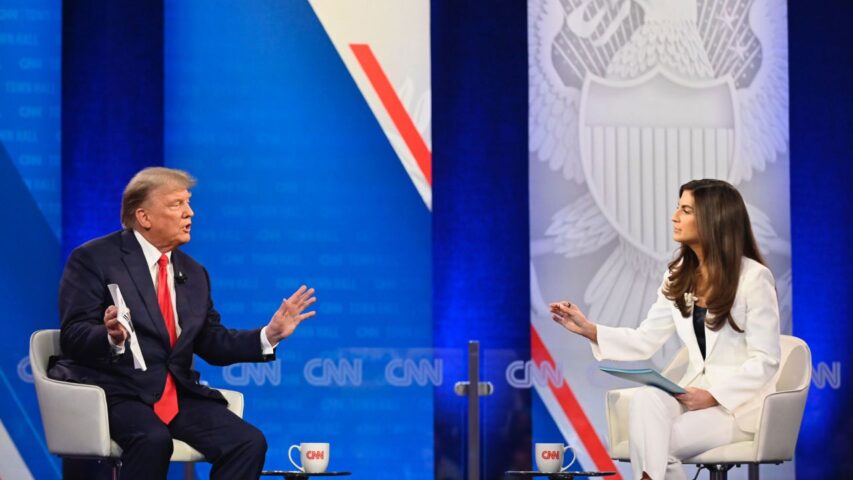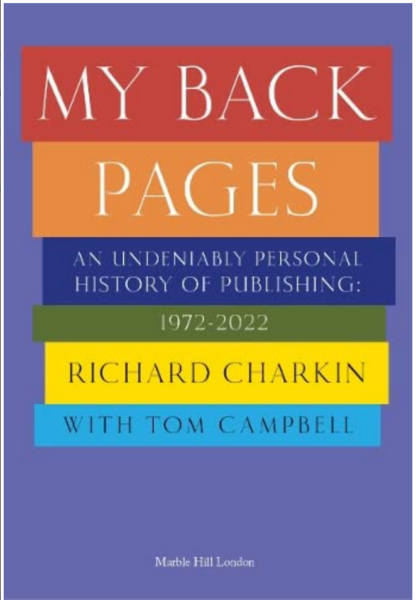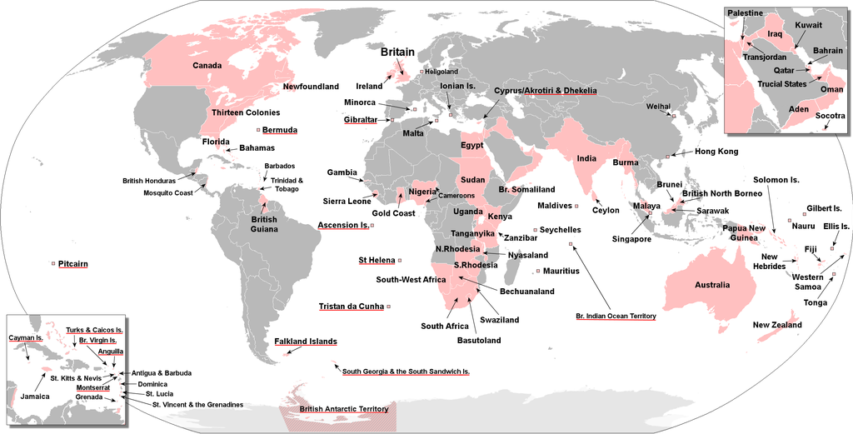Tasha Kheiriddin on the possibility of yet another political party contesting that mythical centrist voting bloc in Canadian elections:
By now, you have probably heard of Centre Ice Canadians. The group was co-founded a year ago by former two-time Conservative leadership candidate Rick Peterson. It made its debut as Centre Ice Conservatives, during the Conservative leadership process, holding a policy conference in Edmonton, followed by similar events in Halifax and Toronto. It published numerous op-eds and got the Canada Pension Plan to disinvest from funds profiting from slave labour in China. It positioned itself as a home for the politically homeless, chiefly Red Tories and Blue Liberals, who felt that neither of their parties were listening to their ideas.
Last week, Centre Ice announced that it would explore the possibility of registering as a political party. It did this following both an external opinion survey of 2000 Canadians, which found that 32% of those polled would likely consider voting for a centrist party in the next election, and a callout to its roughly 2000 supporters, which saw most respondents approve of the concept.
A working group headed by Peterson and New Brunswick MLA Dominic Cardy is now investigating the idea, including a draft constitution, fundraising and a new name, until September 20, at which point Centre Ice will formally decide whether it goes down that road. Observers posit that it could “disrupt the political system”, evoking memories of the Reform Party which did the same thing thirty years ago.
[…]
There’s another saying which management seems to have overlooked: “Keep your friends close, and your enemies closer”. Leaders traditionally neutralized their opponents by keeping them busy and giving them reason to be loyal. Prime Minister Brian Mulroney made a place for former rival Joe Clark; Stephen Harper brought Peter MacKay into cabinet. In the Liberal camp, Jean Chretien had Paul Martin helm the Finance Portfolio; Trudeau gave Marc Garneau Transport and then Foreign Affairs.
That type of thing hasn’t happened in the current scorched earth climate. Animated by Twitter, where we’ve all said things we regret, it has instead produced a toxic purity test that excommunicates anyone who challenges the party line or criticizes the leader. Only the worthy are allowed in the tent.
That applies equally to the Liberals, who draw lines in the sand for their faithful on all manner of issues from abortion to gun control to internet regulation. Which is why the Centre Ice movement isn’t just about the Conservatives. Many of the people signing up on the organization’s website aren’t members of any party, but they would like to be. But they don’t like the climate of fear in either of the main parties.
They want to be able to express an opinion without being trolled. They want a place that eschews groupthink for group discussion. Whether such a party can exist in today’s politics, or whether it could make any headway in an election, is an open question.
What isn’t in question is that both federal parties have become polarized to their respective ends of the political spectrum: wokeism and populism. That is more unusual for the Liberals than for the Tories – the Liberals were traditionally the party of the centre, derided as the “mushy middle” for their ability to morph into whatever voters wanted at the time, as well as conflating their brand with the image of Canada (tolerant, multicultural, bilingual) in a way the Conservatives did not manage to do.











